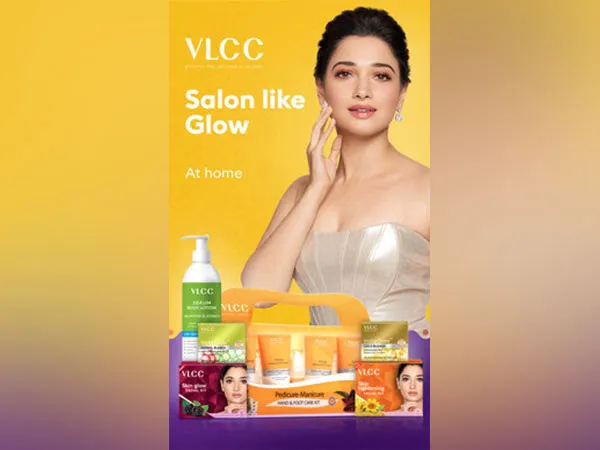Health and wellness brand VLCC has been fined Rs. 3 lakh by a consumer commission for publishing misleading advertisements related to its slimming treatments. The ruling comes after complaints that the company’s promotional claims exaggerated results without scientific substantiation, thereby misleading consumers. The order underscores growing scrutiny on health, fitness, and beauty service providers, particularly in a sector where consumer vulnerability is often exploited through aspirational messaging. Regulatory bodies are increasingly holding companies accountable for unverified claims, reinforcing the need for transparency, scientific validation, and ethical advertising practices in India’s rapidly expanding wellness industry.
The Commission’s Ruling
A state consumer dispute redressal commission imposed a penalty of Rs. 3 lakh on VLCC, citing the company’s advertisements as deceptive and unsubstantiated. The watchdog noted that the slimming services promoted by the brand promised unrealistic results without providing adequate scientific evidence to back such claims. This ruling aligns with broader efforts to curb misleading promotions in health-related industries.
Misleading Claims Under Scrutiny
The wellness and beauty sector in India has witnessed rapid expansion, with slimming, skin-care, and fitness services marketed aggressively to aspirational consumers. However, regulators have increasingly flagged concerns over exaggerated promises of instant weight loss, guaranteed results, or scientifically unverified methods. VLCC’s penalty highlights the growing accountability expected from wellness companies and the risks of deploying misleading narratives to attract clients.
Consumer Protection in Wellness Services
The case also reinforces the importance of consumer rights in the health and wellness industry. Misleading advertisements not only create false expectations but also financially and psychologically burden individuals who invest in such services. Authorities emphasized that businesses in this sector must adhere to ethical advertising standards and ensure their claims are backed by empirical data.
Industry-Wide Implications
This ruling could have wider consequences for the beauty and wellness sector, which has often thrived on persuasive advertising. Regulators are likely to impose stricter monitoring to prevent companies from making unverifiable claims, forcing businesses to adapt to more transparent marketing practices. For consumers, this move offers reassurance that misleading promises will not go unchecked.
Outlook
The Rs. 3 lakh fine imposed on VLCC serves as a warning to the broader wellness industry to ensure authenticity in promotional messaging. As consumer awareness rises and regulatory oversight tightens, businesses will need to prioritize credibility over sensationalism. In the long run, greater transparency and ethical advertising may help rebuild consumer trust, benefiting both clients and companies within India’s fast-growing health and wellness ecosystem.

Comments